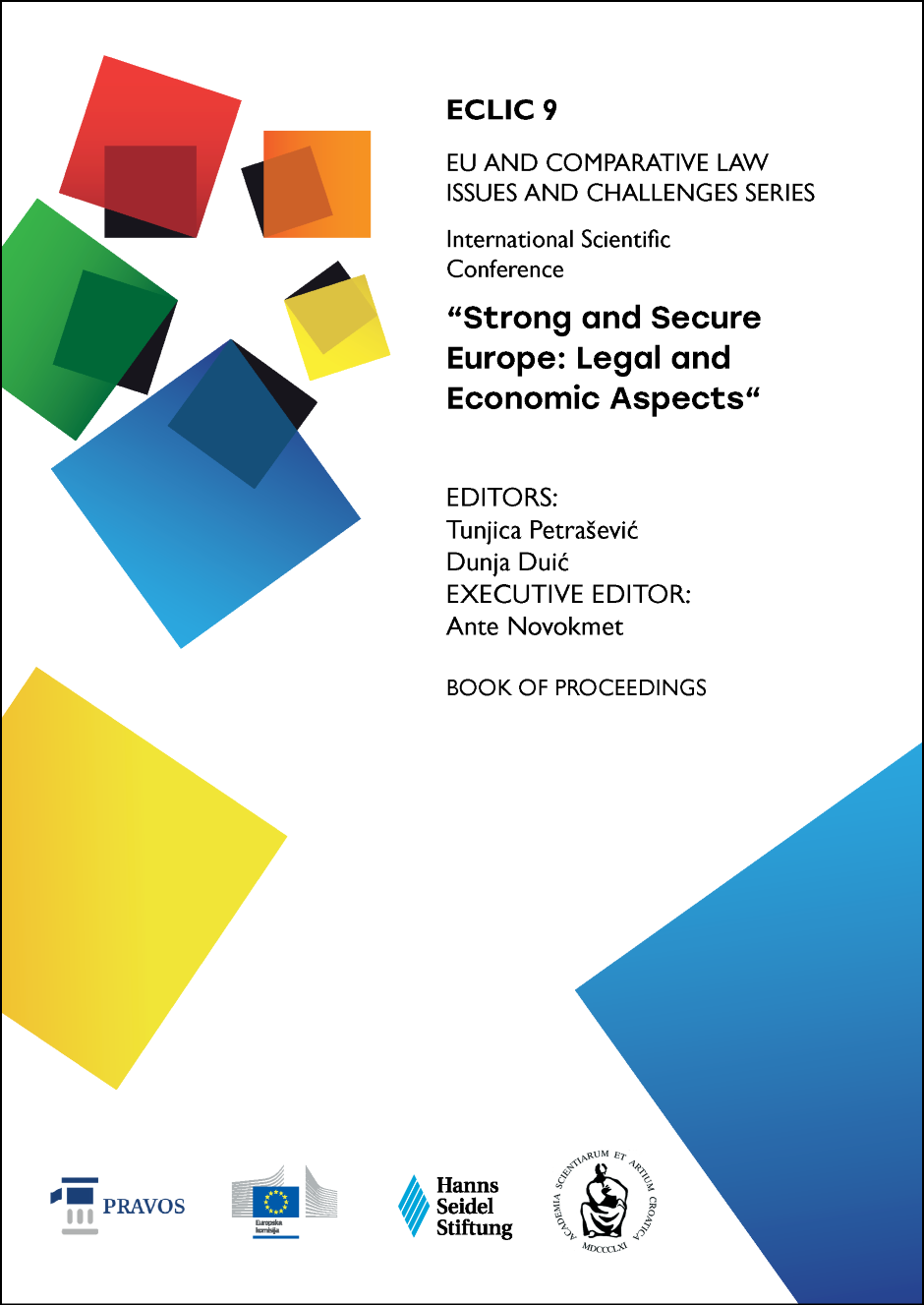THE PRINCIPLE OF NON-REFOULMENT A CORNERSTONE OF REFUGEE PROTECTION OR A LEGAL FICTION?
DOI:
https://doi.org/10.25234/eclic/38136Abstract
The principle of non-refoulement, enshrined in Article 33(1) of the 1951 Refugee Convention, is widely regarded as a cornerstone of international refugee protection. It prohibits states from expelling and returning individuals to territories where their life or freedom would be threatened due to race, religion, nationality, membership of a particular social group, or political ideology. The mentioned principle has been reinforced through several international human rights treaties and customary international law, emphasizing its universality and binding nature. However, its practical implementation often reveals significant challenges, leading some to question whether non-refoulement remains a robust legal safeguard or has devolved into a legal fiction in contemporary refugee governance.
Downloads
Published
Issue
Section
License
Copyright (c) 2025 Rebecca Lilla Hassanová, Dominika Moravcová

This work is licensed under a Creative Commons Attribution-NonCommercial 4.0 International License.
Authors retain the copyright on the papers published in the Journal, but grant the right of first publication to the Journal. Papers accepted for publication or already published in ECLIC of the Faculty of Law in Osijek may be published by the author(s) in other publications only with proper notice of its previous publication in ECLIC.


